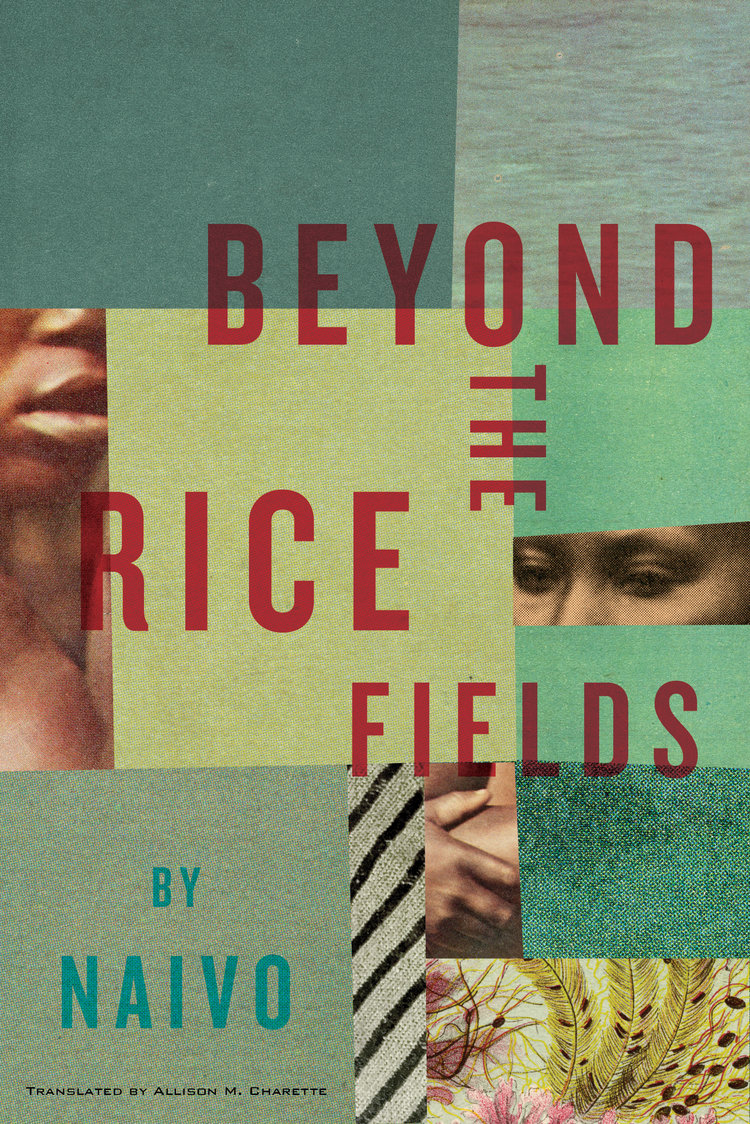Ugh.
The journalist’s driver who coveted my bilingual French/English dictionary. No, but really, I have never seen such a blatant example of coveting in my life. At first it was just “oh, this is nice” while leafing through it, but then the repetition, the insistence, the claiming, pulling it to his side of the table, putting his phone on it, no matter how many times I said “This is actually going to the Mobile Library when I’m done with it, and I need it for work until then,” or “I’m sure one of the bookstores in Tana has one, there’s a couple with growing English sections.” I was told later that he was talking to my host in Malagasy (in front of me), trying to get her to make me part with it. That when a Malagasy dictionary came up in conversation (the best one there is), he said “nah, don’t care, I want this one.” That when he was given a book from the house’s library (she’s trying to purge), he spurned it and said “no, I want that dictionary.” Hands off. It’s mine.
The artist who ignored my companion at the painting exhibition. We walked in together, he came to greet us, but literally turned his back on her to talk to me. Whether it was ageism or racism I don’t care, it wasn’t right. And then to say to me that I was the second person to come through that day? At the very end of the day? When four other groups of Malagasies walked in over the next five minutes? It’s not only the white people who count, Mr. Arab Malagasy. Don’t you dare express interest in my literary work when one of your country’s literary giants is invisible to you on the other side of the room.
The candidate for president who asked a well-known writer to translate his manifesto into French, but then railed that they didn’t have it done immediately -- “Who the f*** cares if it’s proper French?” And then to not pay them? Or even credit them for their work? You’d think that as a presidential candidate, you’d been concerned about your image, at least enough to appreciate that they were willing to take the time to make your prose sound beautiful in another language -- the language that, most likely, most of your donors will read. And as we creative types like to say: Eff you. Pay me.
There is truth to the generalization in Madagascar that women run everything and get none of the credit.
Oh sure, maybe I’m just sore because I couldn’t abide the sharp increase in catcalling on my trip to Fianarantsoa. It wasn’t a difference in location, it was a difference in companion -- it was the first time I’d been walking around a city with another young woman, instead of a guy or an older woman or a group. It’s enough to make me turn to vigilante justice.
I’ve met plenty of wonderful people and decent human beings here. I feel loved and welcomed. But the society (not just here, but everywhere) that makes men feel entitled to power, or women, or labor, or even dictionaries, is abhorrent. A society where women barely exist in government, where there are zero women drivers or bus conductors, where women are ignored, or vilified, or raped, is untenable.
Fuck the patriarchy.


